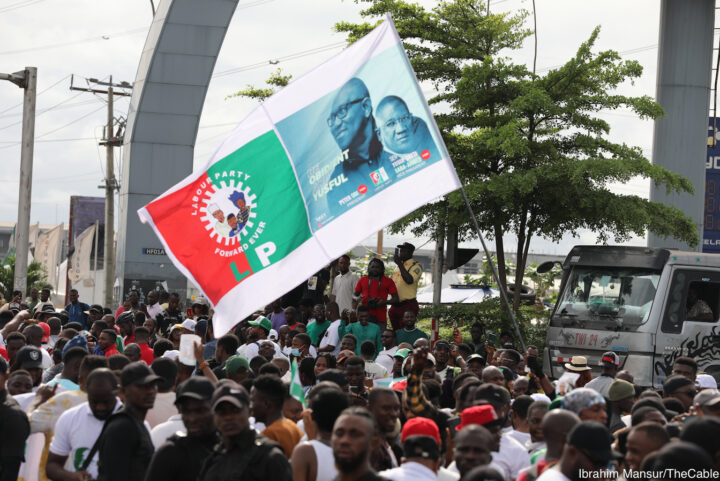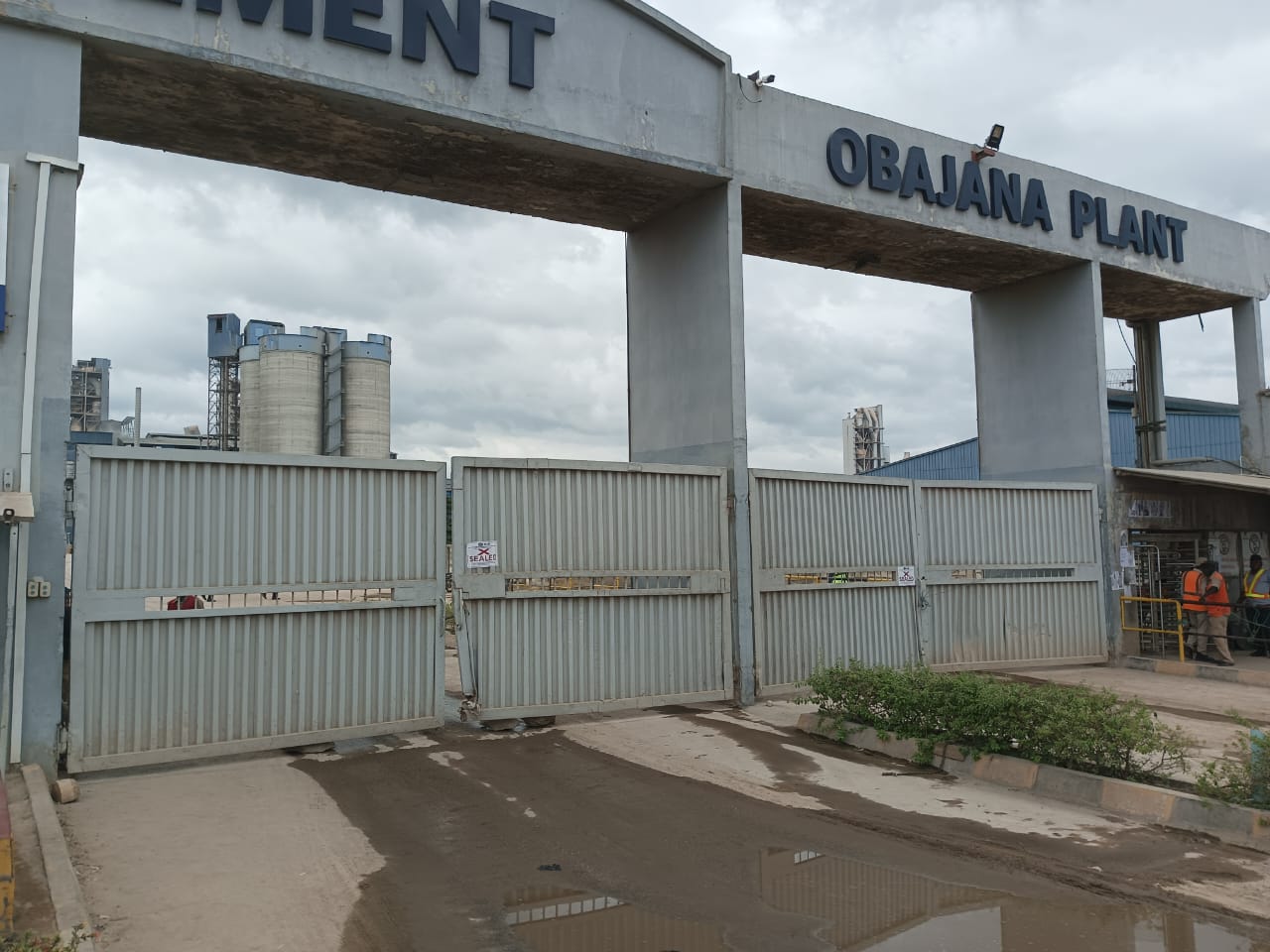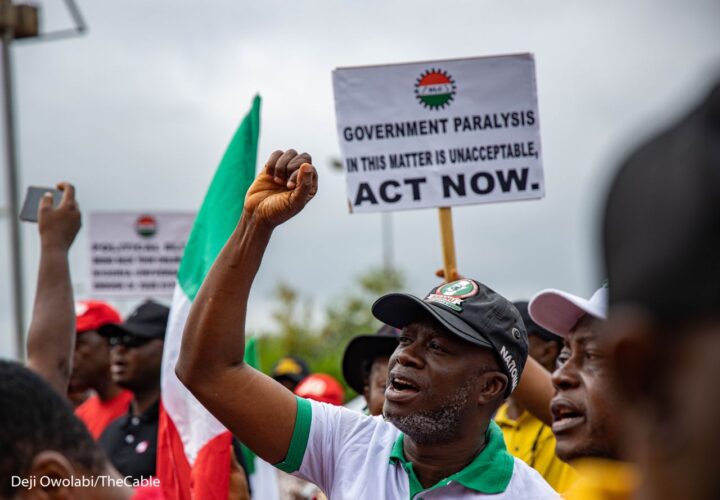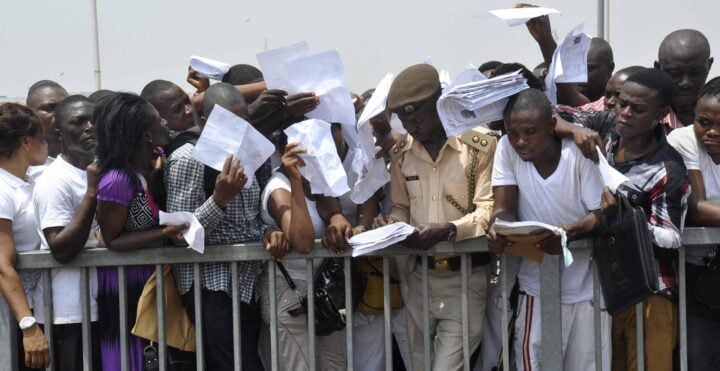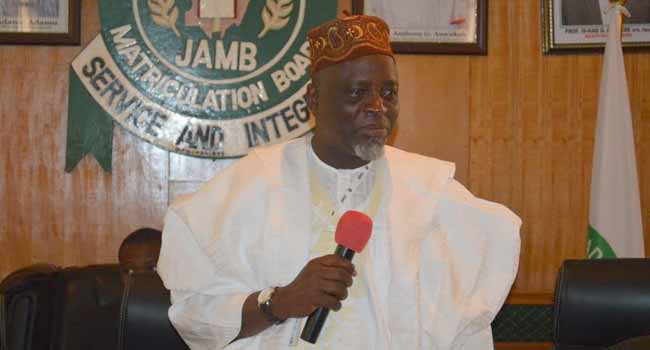BY TONY ADEMILUYI
The 19th century United States was characterised by the era of robber barons and ruthless capitalists who used their immense influence to surreptitiously form monopolies which represented a huge threat to the wonderful idea of competition and free enterprise. Notable poster boys of the Gilded Age Capitalism included John Davidson Rockefeller of the Standard Oil Trust, Andrew Carnegie, the Steel Magnate, Leland Stanford the railroad tycoon, Gustavus Swift, the meat packaging baron, Cornelius Vanderbilt, J.P Morgan the banking mogul amongst many others. Their enormous economic clout ensured that they had the political elite and decision-makers in their pocket as they funded the electoral campaigns of the politicians who ensured that they made laws in their interest.
All of a sudden, a political upstart, lawyer and former representative from Nebraska in the person of William Jennings Bryan delivered his famous Cross of Gold speech at the Democratic National Convention in Chicago on July 9, 1896. In his well-received speech, he backed bimetallism or free silver which he sturdily believed would bring unprecedented prosperity to the US. Many economically emasculated people bought into his prosperity message and supported him wholeheartedly as he hitchhiked across the country spreading his gospel of prosperity. The entire nation caught the Jennings bug as his rare power of oratory whipped their emotions into the impending change that his presidency would bring. The elite would have none of this and used their wealth, media influence and crude arm-twisting tactics to ensure that Williams Mckinley – a drab and lacklustre politician — won the presidential elections.
The same scenario is playing out in Nigeria as Peter Obi, the standard bearer of the Labour Party, is now the Nigerian clone of the charismatic Bryan as his message of “hope” seems to greatly resonate with the masses who have had a raw deal in the hands of sinister leaders since the return of the most populous black nation to democracy in 1999. Nobody – not even the most clairvoyant of political pundits saw this coming when he defected from the Peoples Democratic Party (PDP) to the Labour Party when it was clear that the establishment didn’t entertain the idea of his being given their presidential ticket. The erudite professor, Pat Utomi, stepped down for him at the Labour Party primaries and the ‘Obidients’ as his teeming supporters fondly call themselves have taken over the streets and preach to any who care to listen that Obi is indeed the Messiah that the nation has been waiting for all these decades who will lead the nation to the promised land dripping with milk and honey like the biblical Joshua.
Advertisement
His supporters tour his antecedents as his being the first politician to unseat a sitting governor through the court when the then Anambra state governor and current labour minister, Chris Ngige, was kicked out of the Government House in Awka in 2006. He still used the court to reverse a rather illegal impeachment which his supporters never fail to remind his critics of. He said his achievements as governor included the drastic improvement in the rating of education in the state, massive infrastructural development through the building of a vast road network and above all leaving behind the whopping sum of N75 billion for his successor, Willie Obiano, to have a solid footing when he took over the reins of government from him in 2014.
Nigerian politics tragically lacks ideology and a cursory look at the leaning of Obi puts him at odds with the supposed ideological bent of the Labour Party. Obi is an unrepentant capitalist with interests in various juicy pies of the economy including banking, brewing, franchising etc and the Labour Party is traditionally the political party of the working class who are diametrically opposed to capitalism with the belief in the power of the trade unions which are a constant nightmare to capitalists and also the presence of a welfare state with robust government presence as well as intervention. Obi is sadly a strange bedfellow with his new party and it remains to be seen how he will best represent his party’s interests.
The long military interregnum which abolished the legislature has made many Nigerians, especially the woke generation ignorant of his workings and true power as well as status as the genuine and closest representatives of the people. The Obi euphoria isn’t also sadly being replicated by a mass movement of aspiring federal legislators into both chambers of the national assembly to enable him to govern the country better through the easier passage of his bills. Is he going to govern in isolation if indeed a miracle occurs which leads to his presidency?
Advertisement
There is no doubt that Obi is indeed very popular among the youths who have embraced him as the least of the three evils and not because he isn’t himself part of the old order as some critics point out to the fact that he failed to turn Anambra into another Eldorado in the mould of a Dubai and so why should they trust him with power at the centre since charity begins at home?
Some of his critics also point out the fact that he was indicted by the Panama Papers when he protected his vast assets in foreign tax havens – a charge he repeatedly denied as well as allegedly investing huge sums of state funds in businesses that he and his family had an interest in which represented a conflict of interest.
Obi is popular on the streets because of his famed ‘common touch’ which sees him as ‘a hitherto big man’ to use the popular Nigerian linguistic shibboleth is humble by carrying his bags himself and shunning the use of police escorts which many of his colleagues use as domestic aides. All this endeared him to the impoverished youths who surprisingly made him their torch bearer to take them out of their economic malaise and save them from relocating abroad in droves (the Japa syndrome) to use the popular street slang of going on economic exile which many Nigerian youths have embraced as the current ruling All Progressives Congress has ruined the economy through nauseating anti-people policies which have made paupers out of millions of Nigerians and saw foreign investors flee in droves. Obi represents hope which saw the popularity of his rallies all over the country on Independence Day and his acceptance by many Nigerians in the diaspora where he has held numerous meetings with them all over the world.
Historians and political pundits recall the 1993 presidential campaign of the Late Moshood Kashimawo Olawale Abiola captioned ‘Hope 1993′. His critics contended that Abiola was part of the nation’s problem as he allegedly made his fabulous wealth from government patronage bordering on corruption and also allegedly scuttled the democratic government of Shehu Shagari after Umaru Dikko told him to his face that the presidency wasn’t for sale.
Advertisement
Is history repeating itself with some discerning Nigerians not moved by the Obidient frenzy making similar allegations of the cult hero being part of the nation’s problem and as such cannot proffer solutions? Some point out his alleged gaffes which put a huge question mark on his deep understanding of the nation’s economic challenges and alleged shallow solutions which they deride as “container economics”.
Will February 25 mark the triumph of the so-called ‘Third Force’ which has been a constant agitation by many crying for good governance? Will the Obidients, especially the youthful exuberance of the youths who back it, propel Obi to Aso Rock?
Over to you time!
Ademiluyi is a Lagos-based journalist and can be reached at [email protected] and 08167677075
Advertisement
Views expressed by contributors are strictly personal and not of TheCable.
Add a comment
